Exfoliating is one of the best things you can do for your skin. Cleansers are great and moisturizing is important but if you’re not exfoliating your skin, you’re probably never going to have a glowing complexion. Does that surprise you? It shouldn’t. But unfortunately, there’s a lot of debate and misconceptions surrounding whether or not people should exfoliate and how often it should be done. But here’s the truth (brought to by debunked myths):
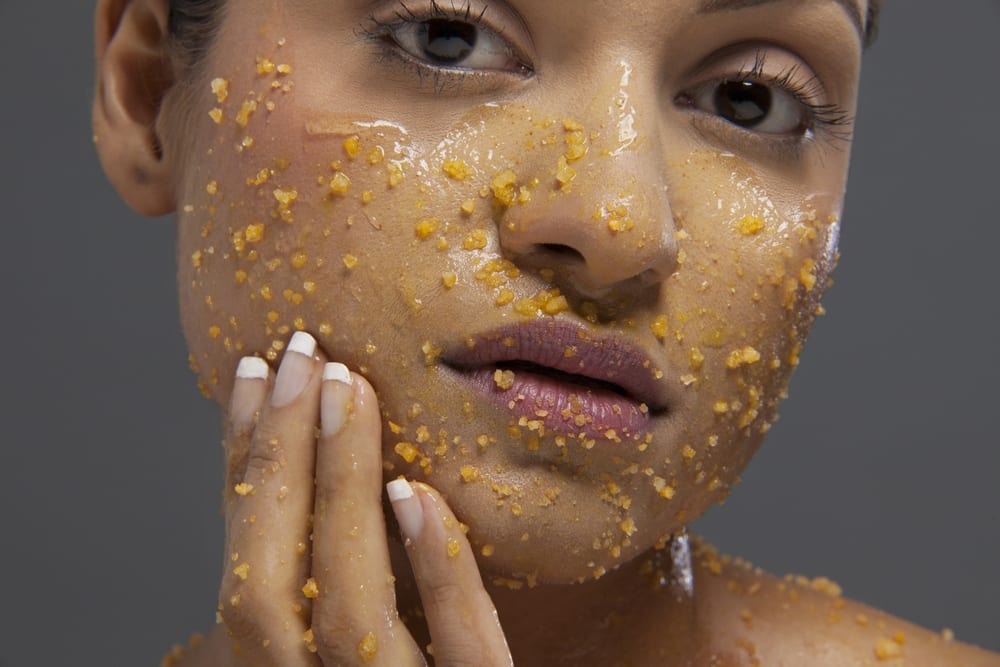
Myth #1: Exfoliating Isn’t For Everyone
Oh, but it is! Regardless of what kind of skin you have, exfoliating should be a part of your routine. Do you have dry skin? Exfoliating will help rejuvenate your cells and hydrate your skin. Do you have acne-prone skin? Exfoliating will unclog your pores. Unless you have an allergy to ingredients in exfoliants, you will benefit from exfoliating your skin.
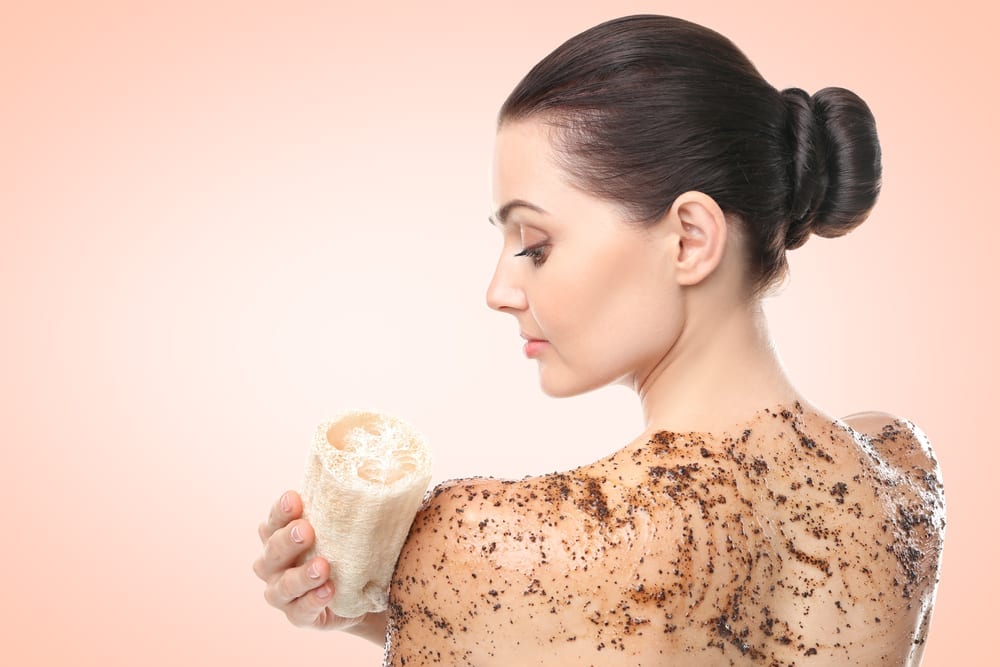
Myth #2: Exfoliating Is Just For Your Skin
Truth: You should be exfoliating your skin and your entire body. It’s easy to forget about your body, seeing as how so many of us focus our attention on our faces. But your body needs love, too. Your body doesn’t need breakouts or dark spots. It needs smooth, glowing skin. So, exfoliate!

Myth #3: You Can Use The Same Exfoliator For Your Body & Skin
No, no, no! There’s a reason the bottles are labeled “face” and “body.” It’s because these two things are different. Your body is thicker than your facial skin and therefore, not as sensitive. You can typically take more on your body than your face. Your body exfoliator might be a scrub, it might be rough and that’s okay (as long as it works for your skin) but it shouldn’t be used on your face too.
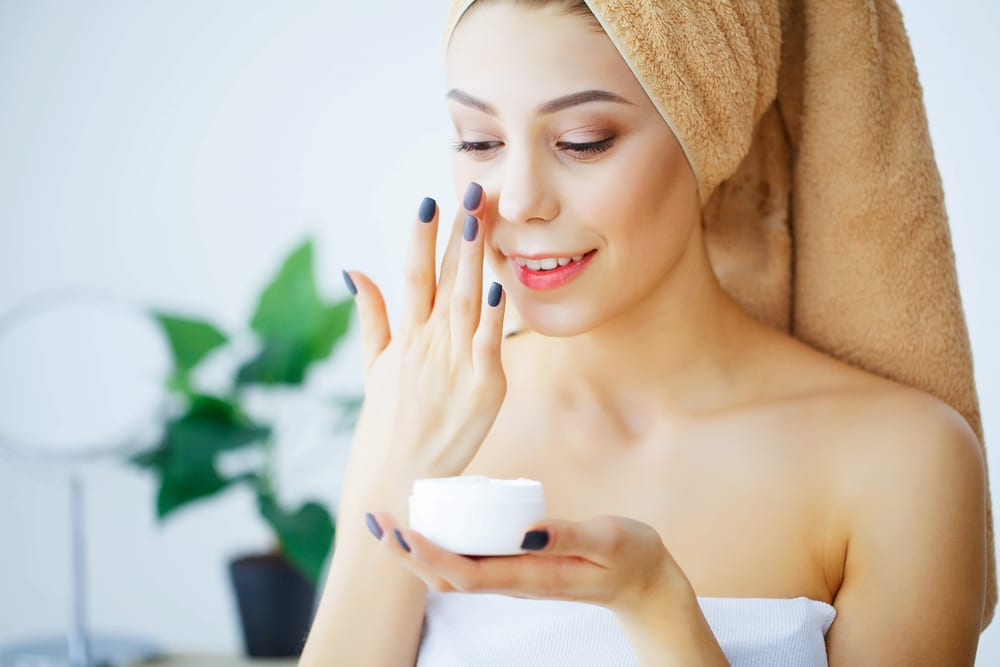
Myth #4: Exfoliating Too Much Is Bad For Your Skin
There are two different types of exfoliants — mechanical and chemical. Mechanical exfoliants require some sort of tool (a brush, a sponge) to physically remove dead skin from your face. Chemical exfoliants require no tool at all and use salicylic acid and/or glycolic acid to dissolve dead skin buildup from your face. When doctors and dermatologists tell you to avoid exfoliating too much, they’re talking about mechanical exfoliants. Chemical, on the other hand, can be used once or twice a day if they’re gentle enough.

Myth #5: DIY Exfoliators Are The Way To Go
DIY exfoliators can be tricky if you’re not an expert in what you’re doing. Sure, you can read a recipe and pour some household items into a bowl but that might not be effective. It could also cause problems for your skin. If you want to be safe, buy your exfoliators after talking to your dermatologists and doing some research.
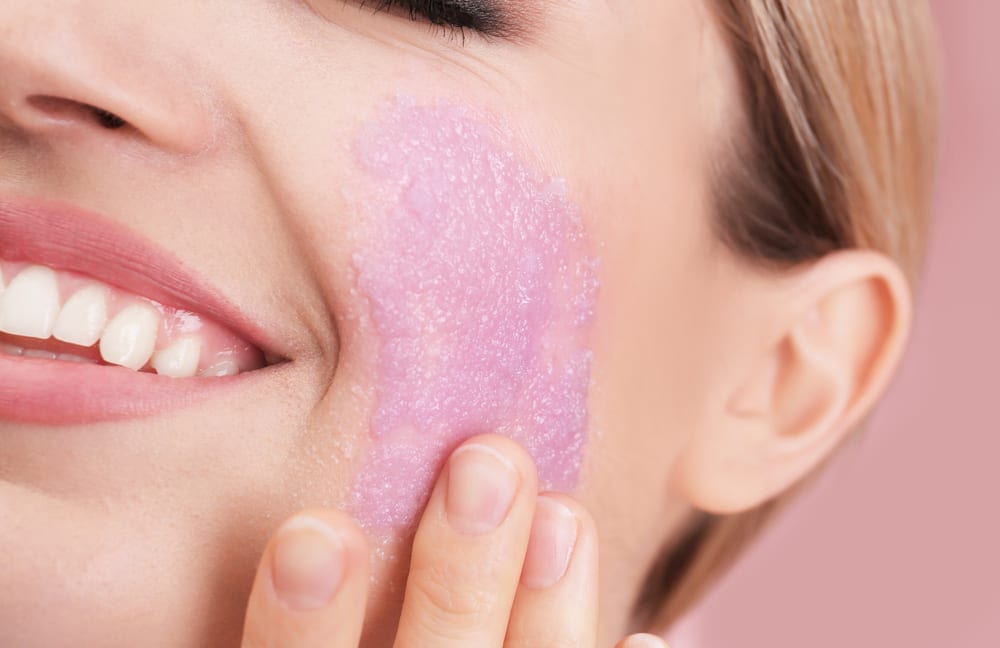
Myth #6: You Should Avoid Exfoliating If You Have Sensitive Skin
You shouldn’t avoid exfoliating if you have sensitive skin, but you should make sure the exfoliant is gently and soft — maybe even a product specifically for sensitive skin. Exfoliating sensitive skin is very beneficial because it removes the dirt and toxins that are clogging your pores and causing the blemishes you see whenever you do something as simple as sleep on the wrong pillow.
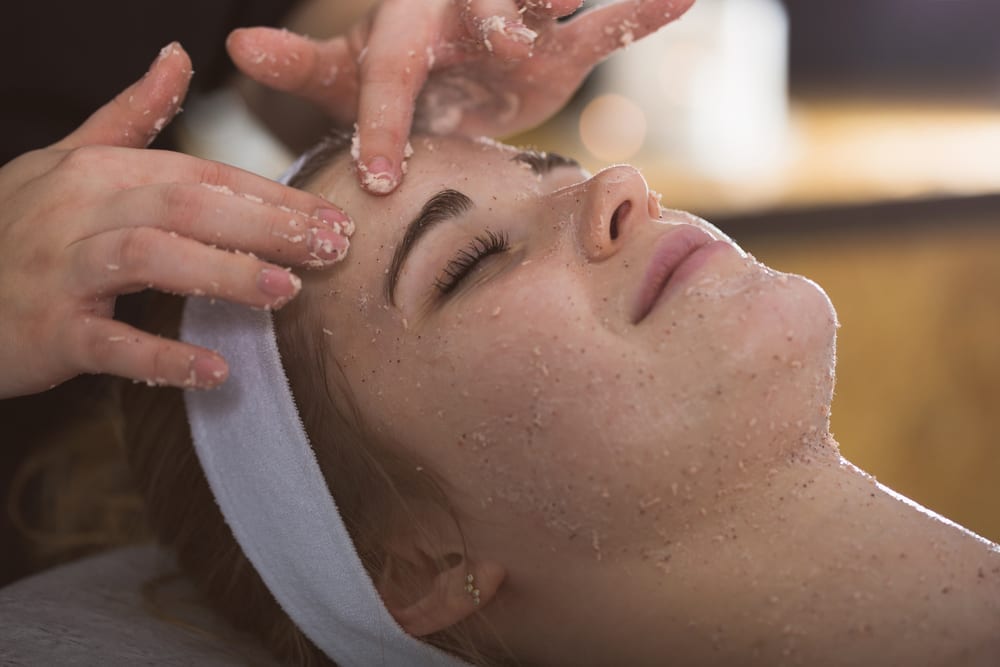
Myth #7: It Can Interfere With Your Other Products
What a lot of people don’t realize is that exfoliating actually makes your other products more effective. As I said, exfoliating unblocks and minimizes your pores. If your pores are clogged, the other products in your regimen aren’t going to be able to penetrate the deep layer of your skin. So basically, if you’re not exfoliating you’re pretty much wasting the money you spend on your skincare must-haves.
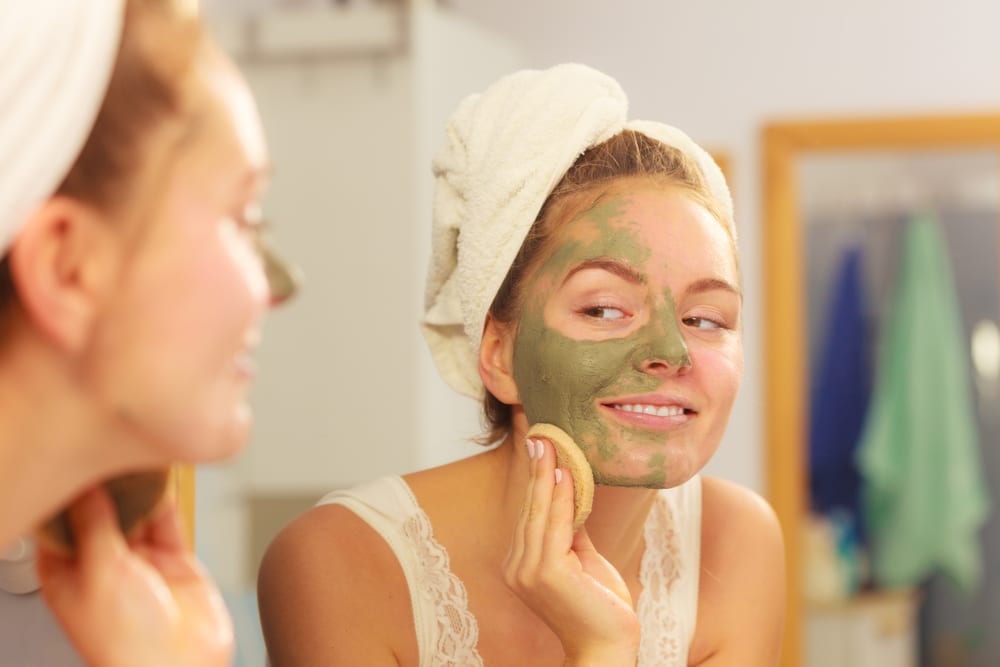
Myth #8: You Shouldn’t Exfoliate If You Have Blemishes
Just the opposite actually! If you have acne, dark spots, or red marks you NEED to exfoliate. Besides the fact that dissolving dead skin will help stop acne from forming, dark spots need an exfoliant in order to fade. An exfoliator will remove the damaged skin cells and force healthy skin tissue to form. What does that mean? Bye, bye hyperpigmentation!
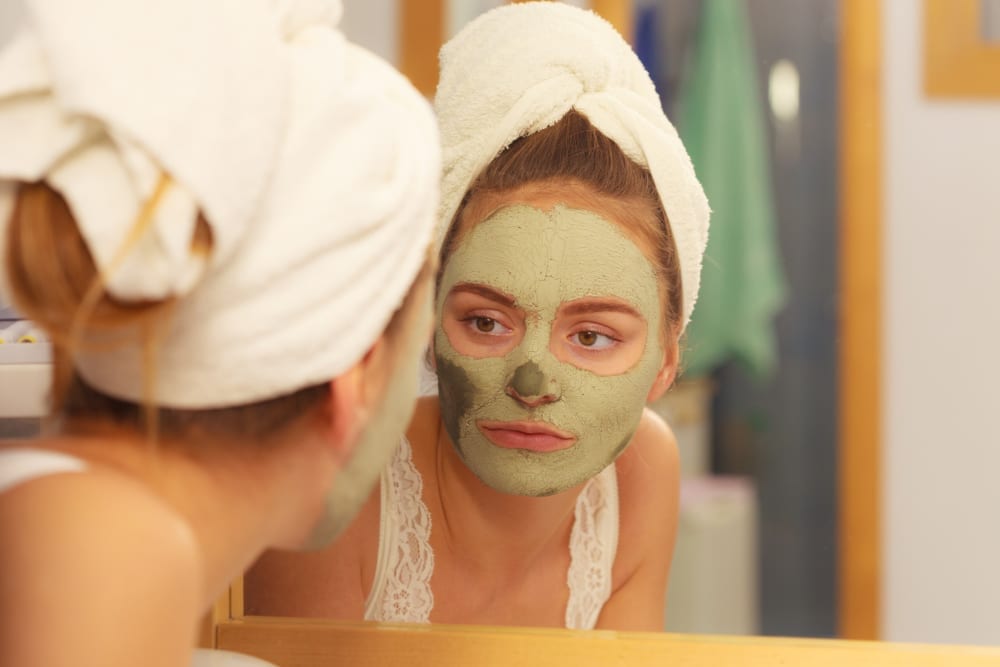
Myth #9: You Should Exfoliate At Night
Not everyone can agree on this one, but I’m an advocate for exfoliating in the morning. Once again, this is only if you have a chemical exfoliant. Exfoliating cleans your skin, REALLY cleans your skin, and helps your skincare products go on better. Exfoliating in the morning, before you cleanse, will prepare your skin for your morning wash and leave you feeling fresh and hydrated.
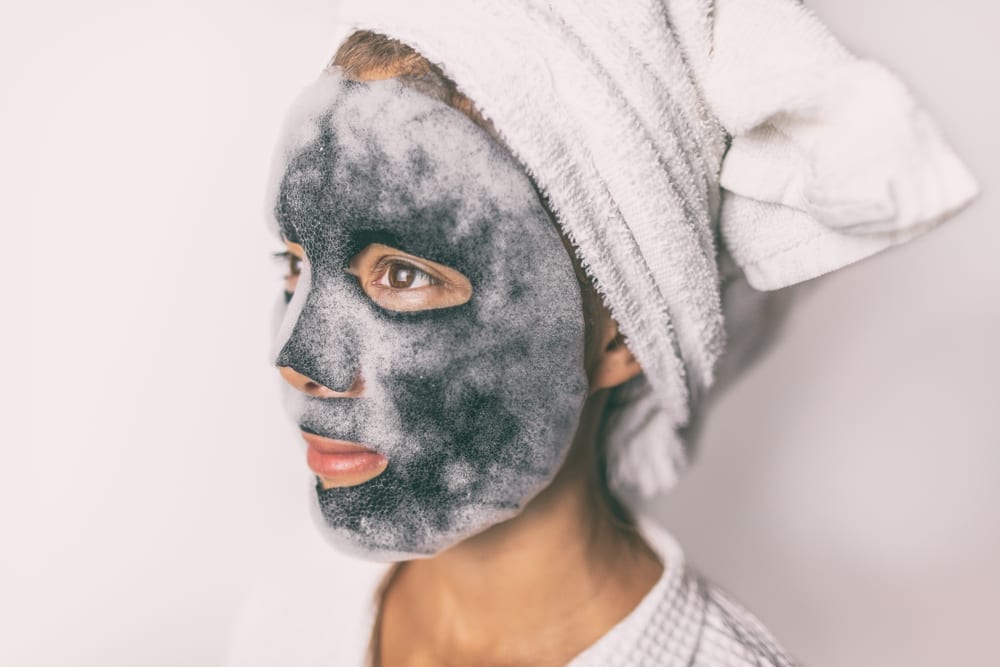
Myth #10: You Can Exfoliate And Just Go
There’s one possible “negative” about some chemical exfoliants — they can be drying, which means you’re going to want to moisturize after you’re done. Lather your skin up with your go-to moisturizer after you exfoliate and cleanse to avoid dry skin and patches from forming.
If you’re exfoliating in the morning, you’re going to want to use sunscreen because exfoliating leaves your skin sensitive to sun damage. If you’re exfoliating at night, moisturizer is all you need!





